How to keep your dog calm when fireworks go off
Dogs can be traumatised for life by fireworks, but with a bit of planning and preparation you can get them ready for anything. Expert trainer Ben Randall explains how.

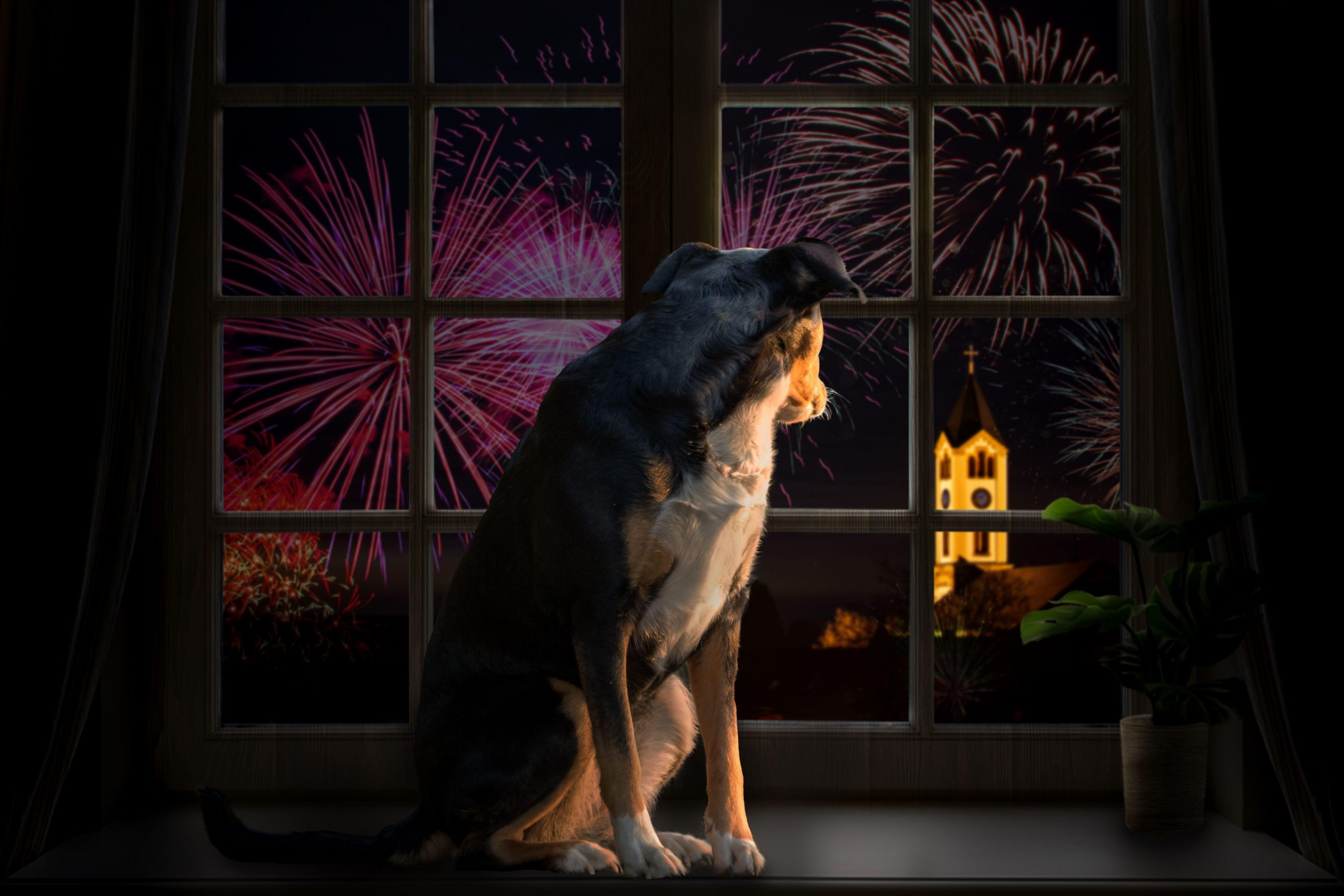
There was a time when fireworks were a once-a-year thing, and not such a big deal at that: a few rockets and a Catherine wheel on Bonfire Night and you were done for a year.
That’s just not true any more. The annual Guy Fawkes celebrations are just the tip of the firework-berg these days, with everything from Christmas and New Year’s Eve to all the weddings and 21st birthday party celebrations for miles around. They’re fun for humans, but hard on dogs — and this week’s reader is concerned.
‘Hi Ben — what can I do to keep my dog safe and calm when fireworks are going off nearby?’ writes J.L. from Berkshire in an email sent to me at paws-for-thought@futurenet.com.
It’s a great perennial question — along with getting a dog to walk to heel, or to stop your dog jumping up on people — and the answer will help with more than just fireworks. Getting your dog to react calmly — or even better, hardly react at all — to sudden loud noises will help you have an easier, calmer life together as pet and owner, whether you’re walking past a building site when a lorry full of rubble gets dumped on the ground, or whether you’re walking down a country lane as a local farmer loads up his shotgun to deal with pest control.
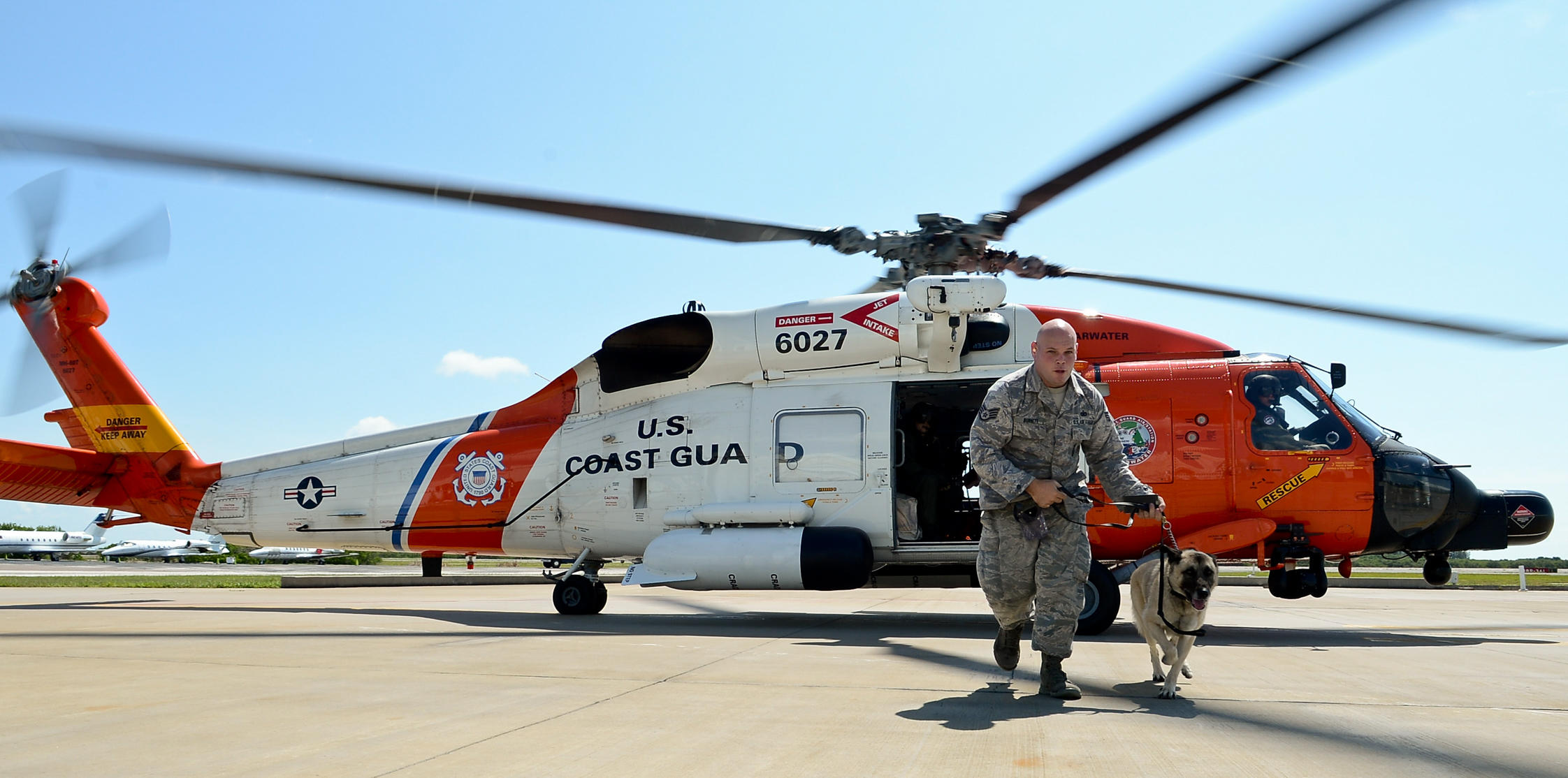
How to help your dog survive fireworks
1. Make sure you know when fireworks are likely to happen
Start planning before the festivities begin. In the days before you might expect fireworks, pop a polite, simple note through the doors of your neighbours’ houses. ‘Hi – it’s me from number 13, we’re just checking to see if you’re having fireworks? We want to make sure we spend time with the dog, or take him out for an hour or so while they’re going on.’
It’s really simple, and I’ll tell you why because I’ve seen it happen with hundreds of dogs. Simply keeping them in the house isn’t likely to be enough — sod’s law says that the exact moment you let the dog out for a wee will be when someone lets something off. With a young dog especially, this can be terrifying and really damaging long-term. For the rest of the dog’s life it’ll be really hard to get them over their fear of fireworks.
2. Take your dog out of the situation if at all possible
Once you know that a neighbour is having some fireworks, you can take control of the situation. I’d always take my dog out in the car somewhere for a walk, or even just a drive, until it’s over. And yes, I do this even with dogs who are already good around fireworks; you’ll get your dog away from direct contact with the display while out on your walk, and if you see them from afar your dog can get used to them at a safe distance, and while you’re right here with him.
Exquisite houses, the beauty of Nature, and how to get the most from your life, straight to your inbox.
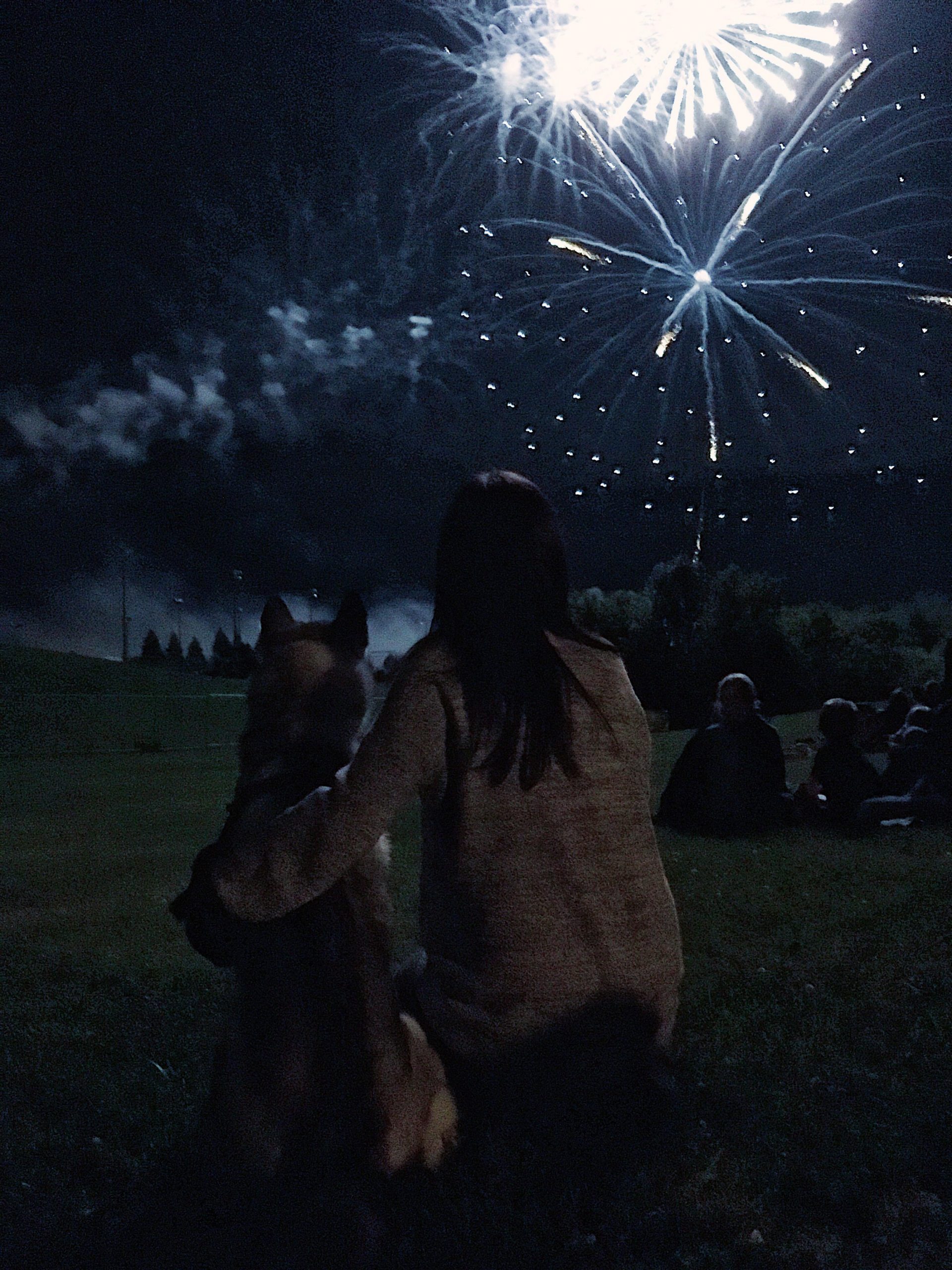
3. Start getting dogs used to loud noises at the very start of their lives
If I’m raising a litter of puppies, I get them used to fireworks before they even leave us to head off to their new homes. Every mealtime I put some sort of fireworks display video from YouTube on my phone, and while they eat they can listen to the sounds and see the lights — I’ve actually made a video of 8 or 9 puppies doing this while eating happily! I’ll also clap my hands loudly around them as they eat. If you’ve got a puppy, do this yourself; if you’re going to collect one soon, ask the breeder to start doing it in those early weeks of life.
Why do this? This sort of training — and it’s a crucial part of a gun dog’s training, for example — is best done from a young age and in a positive environment. It doesn’t necessarily have to be while eating; it could be at a time when you’re taking some time to give your dog praise. The important thing is that they’re in a happy, positive frame of mind which can help them process the loud noise without getting upset.
That said, bangs are the easy bit — just a bit of clapping or shouting can replicate that. It’s the screeches and squeals that are hard for us to recreate, so the fireworks recording is best. I don’t like to use the word ‘desensitise’, but it’ll get them used to being around loud noise.
4. Use mealtimes to train them in dealing with noise
Calm praise and other positive associations will help, but I always pick mealtimes for this sort of training. I’ve found my dogs are less interested in what’s going on around them while having food. I’ve even started playing the fireworks video as I’m getting food ready, then put the bowls down on the floor by the phone.
Get them used to this, and the worst case scenario on Bonfire Night is that your dog will instantly find himself feeling incredibly hungry — but compared to the alternative that’s a picnic, especially if they’re already well-versed in my BG (Beggarbush) methods of calm and patience at meal times. The dog should stay calm and relaxed, rather than spinning around and making loud noises — let’s leave that sort of behaviour for the fireworks themselves.
For more detailed advice about Ben Randall’s positive, reward-based and proven BG training methods, one-to-one training sessions, residential training or five-star dog-boarding at his BGHQ in Herefordshire, telephone 01531 670960 or visit www.ledburylodgekennels.co.uk. For a free seven-day trial of the Gundog app, which costs £24.99 a month or £249.99 a year, visit www.gundog.app/trial.
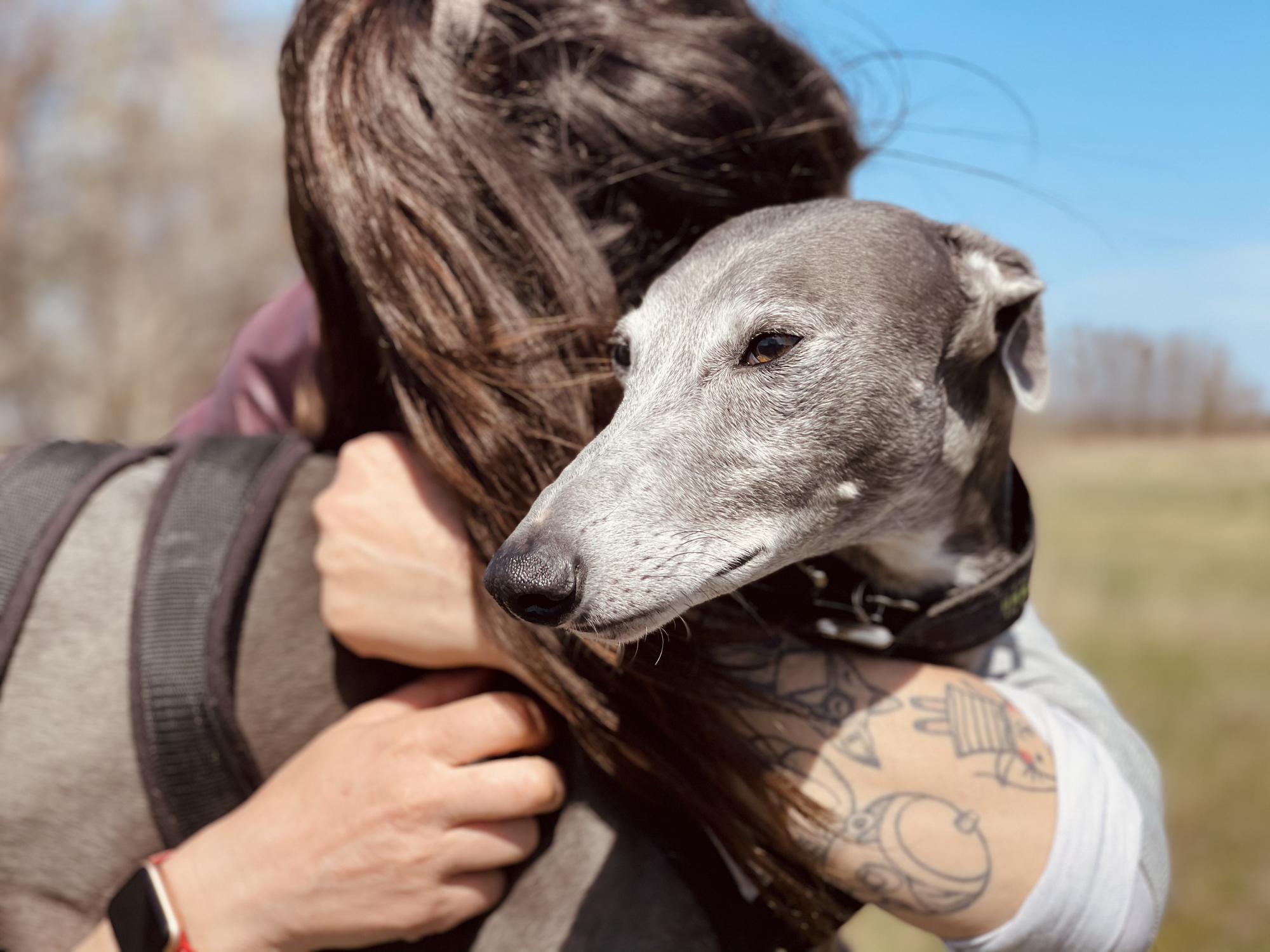
Credit: Getty Images/EyeEm
How to help a dog who's scared of going places in the car, by expert trainer Ben Randall
A retired greyhound with an unknown past is the subject of this week's advice article from our resident dog whisperer
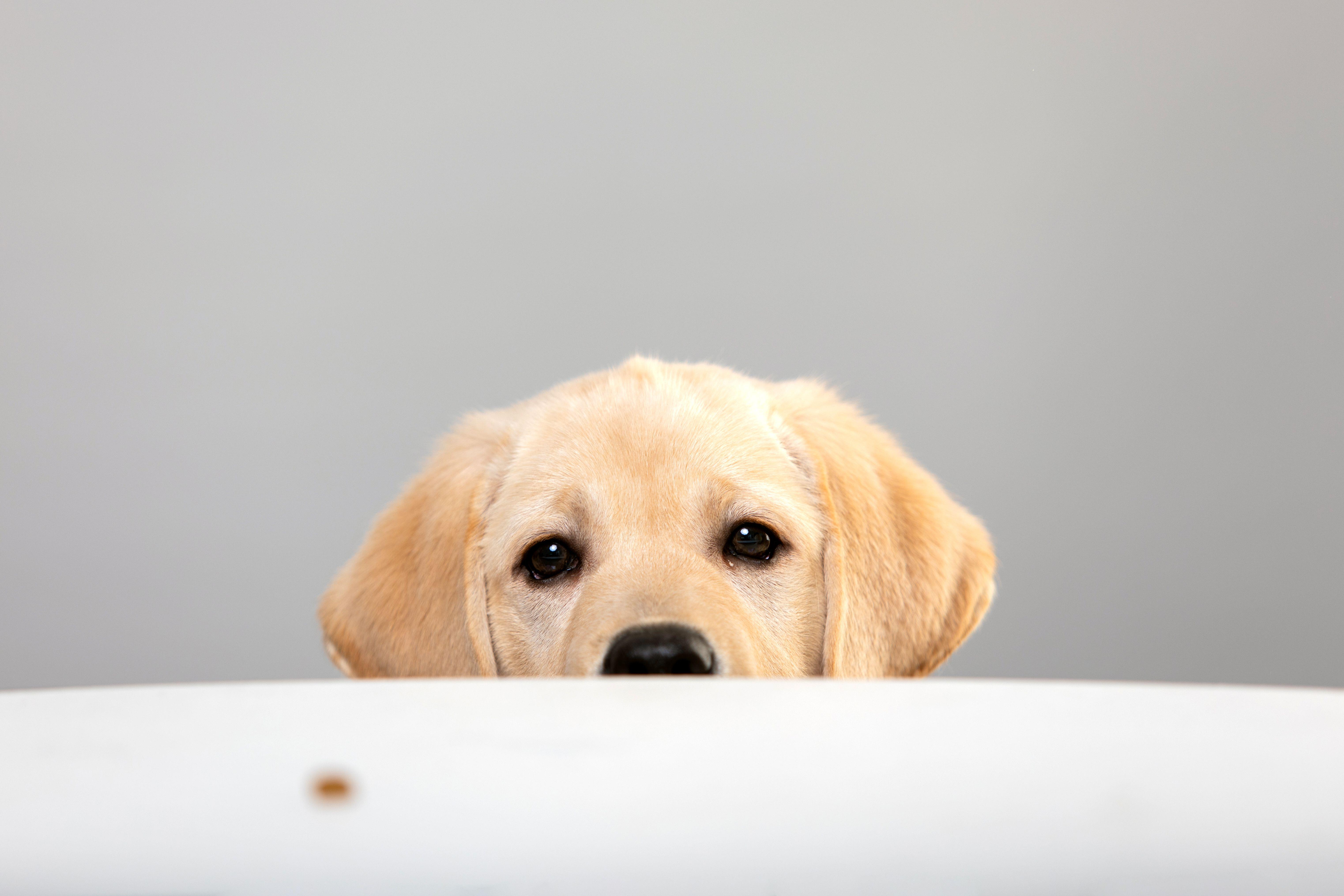
Credit: Alamy Stock Photo
How to stop your dog begging for food at the table, by expert trainer Ben Randall
Dogs begging for food around mealtimes can be adorable up to a point — but what happens when the charm wears
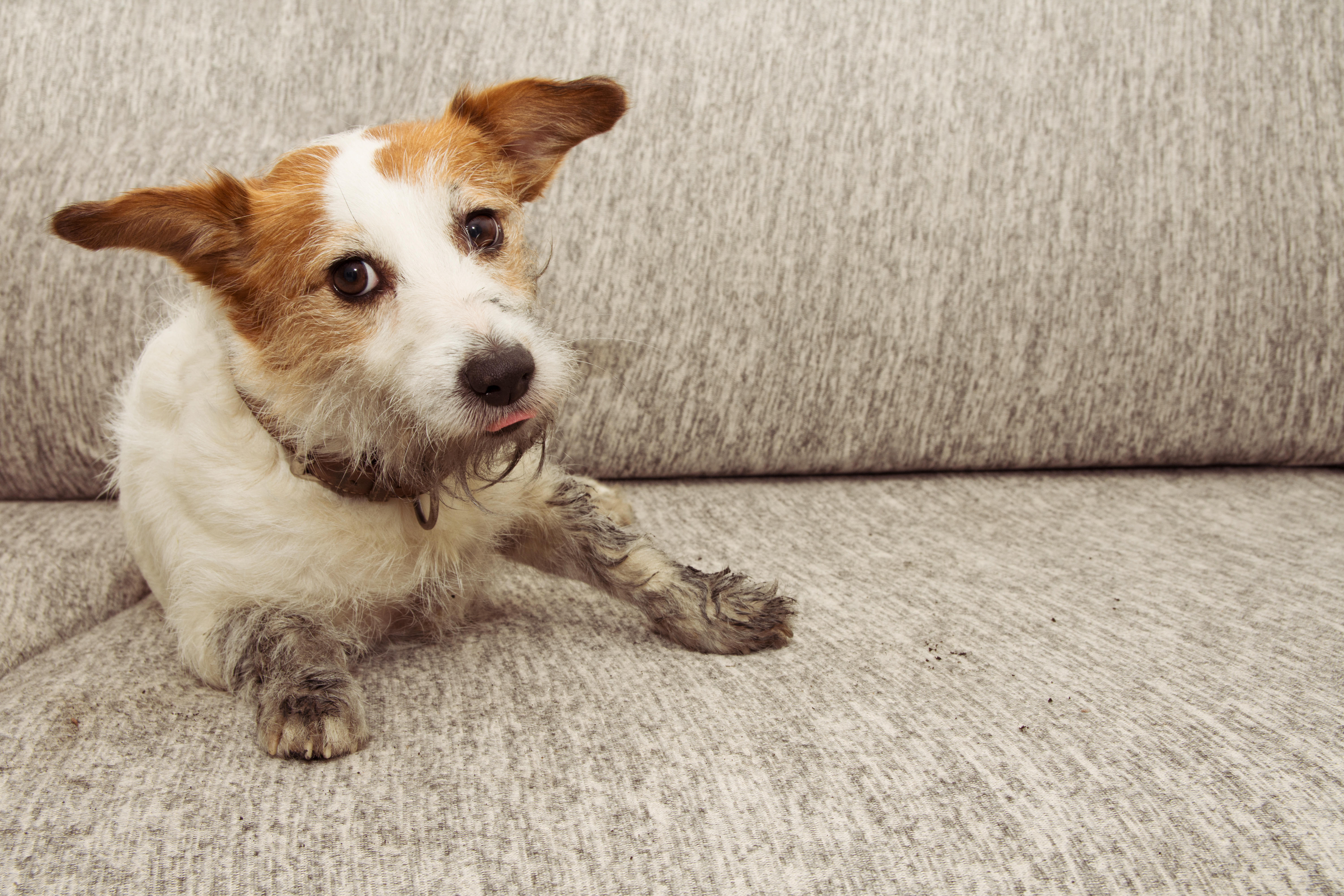
Credit: Alamy
How to keep a dog off the sofa, by top trainer Ben Randall
Fed up with Fido leaping onto the furniture — whether it's your sofa, armchair, or your bed — whenever he
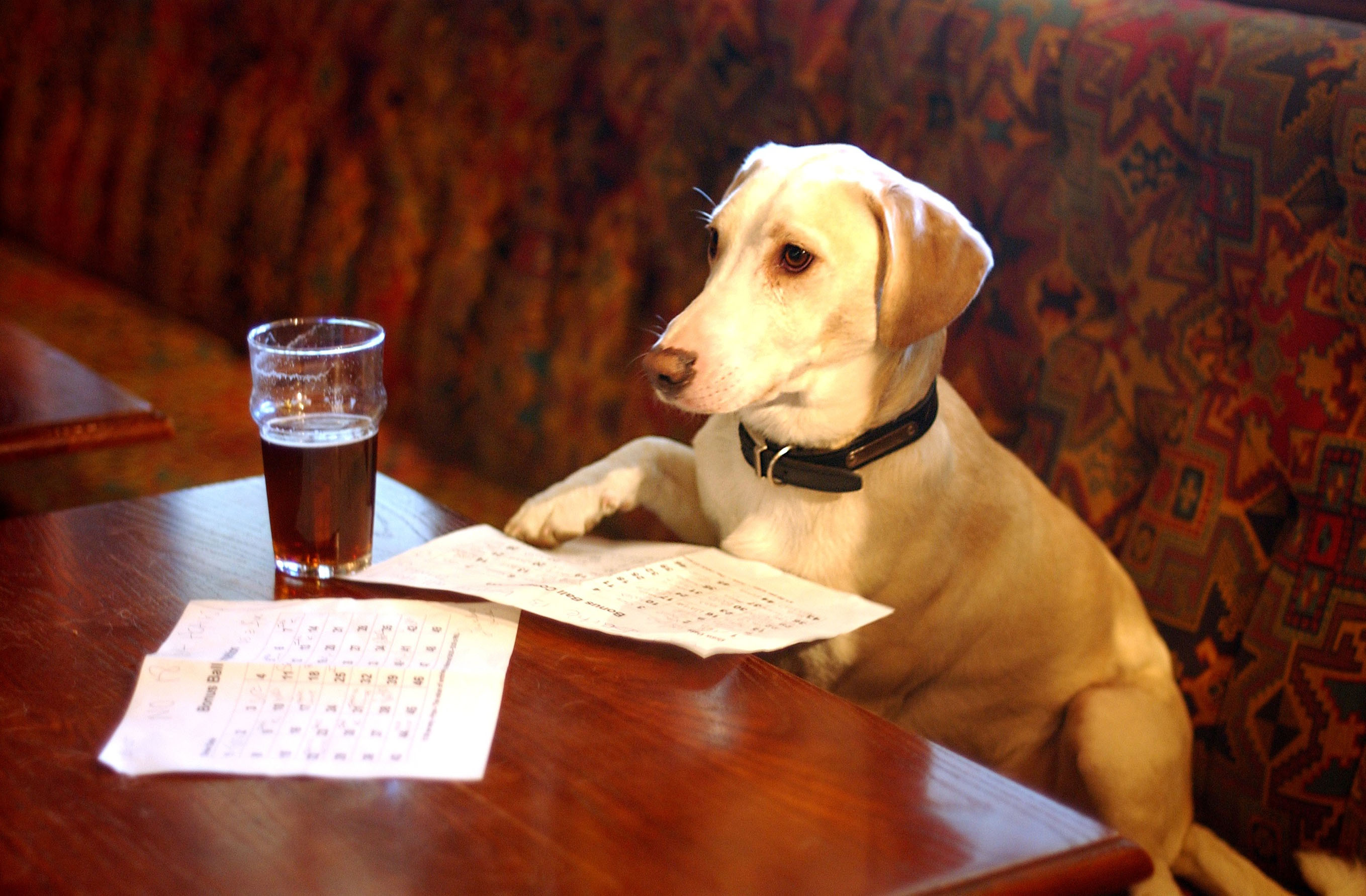
Credit: Alamy
How to take your dog to the pub, by expert trainer Ben Randall
Enjoying a drink in a lovely country pub with your dog snoozing quietly at your feet is one of the
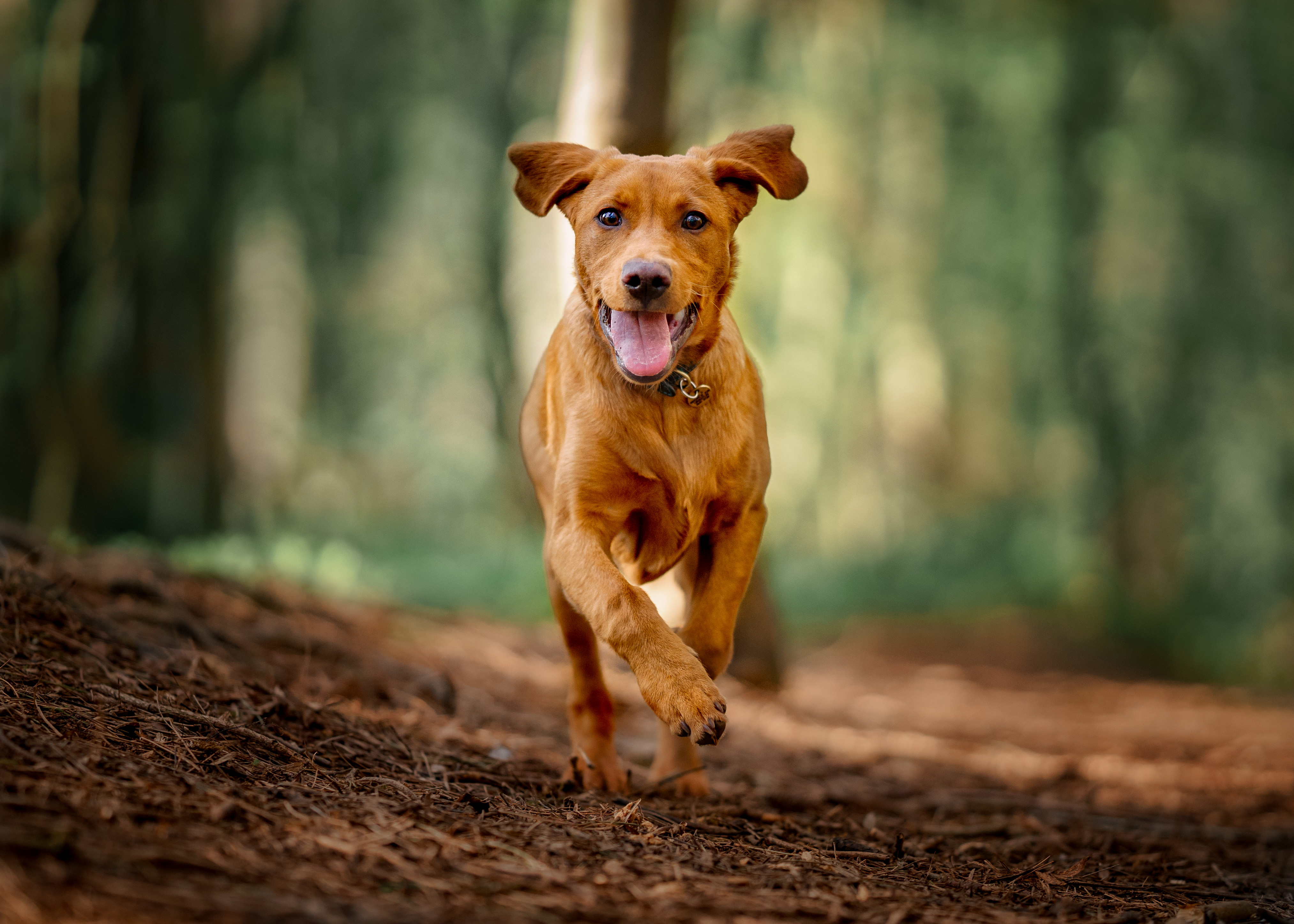
Credit: Getty Images
Dog recall training: Six tips from champion dog trainer Ben Randall
Training your dog is not easy — and with the huge recent rise in dog ownership, it's never been a better
